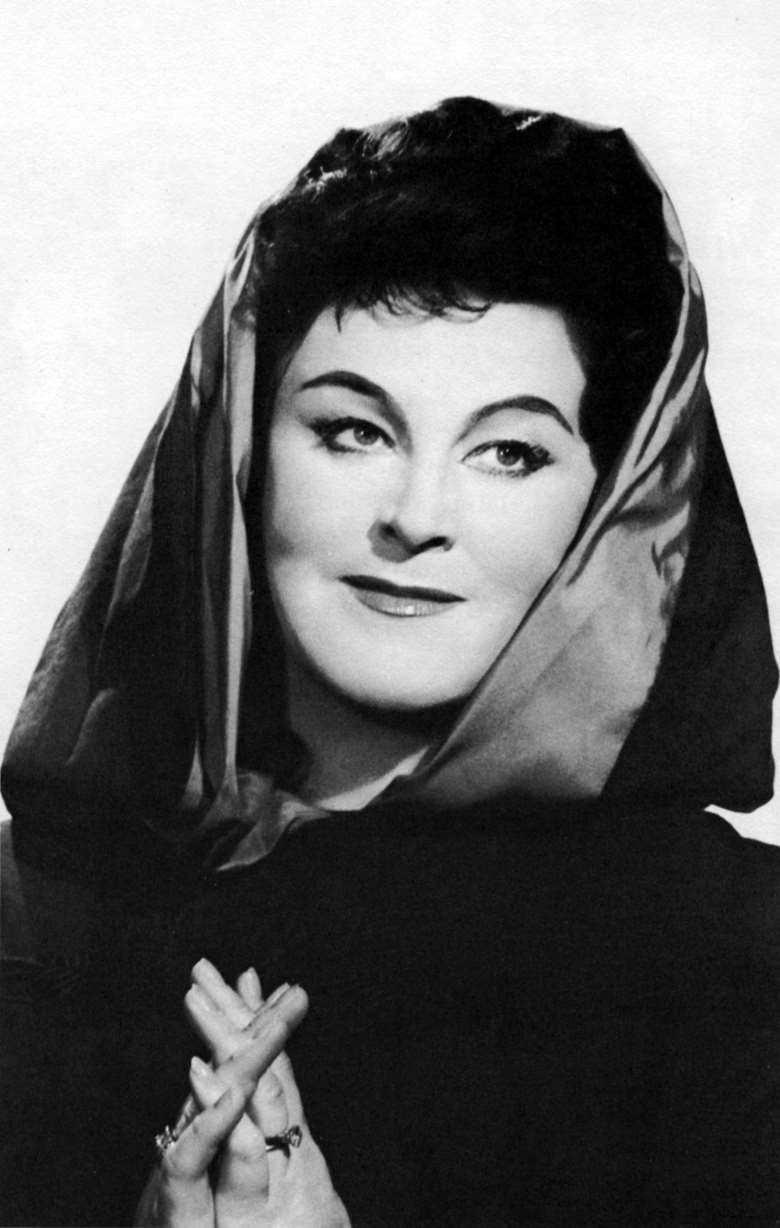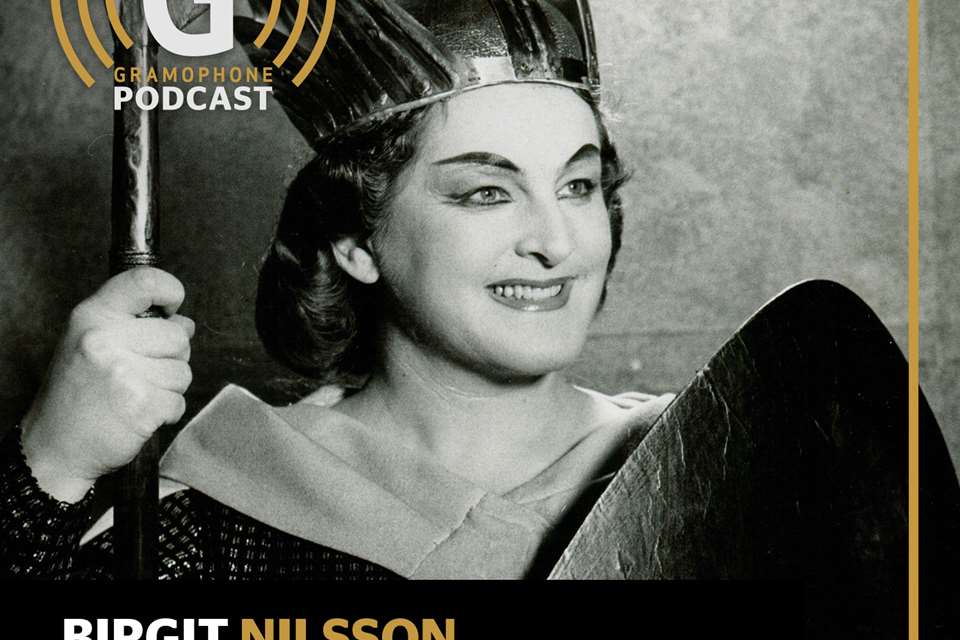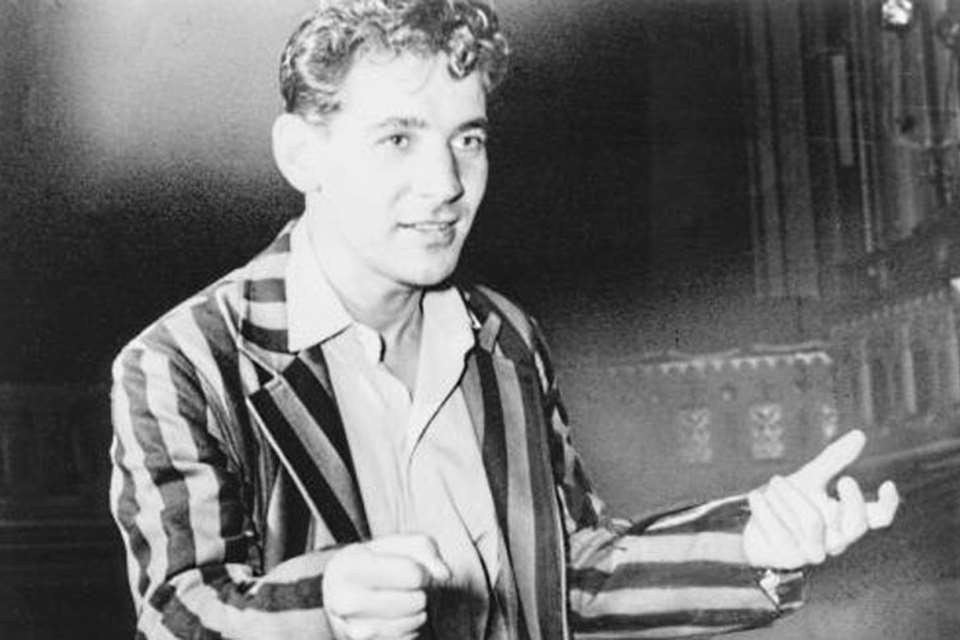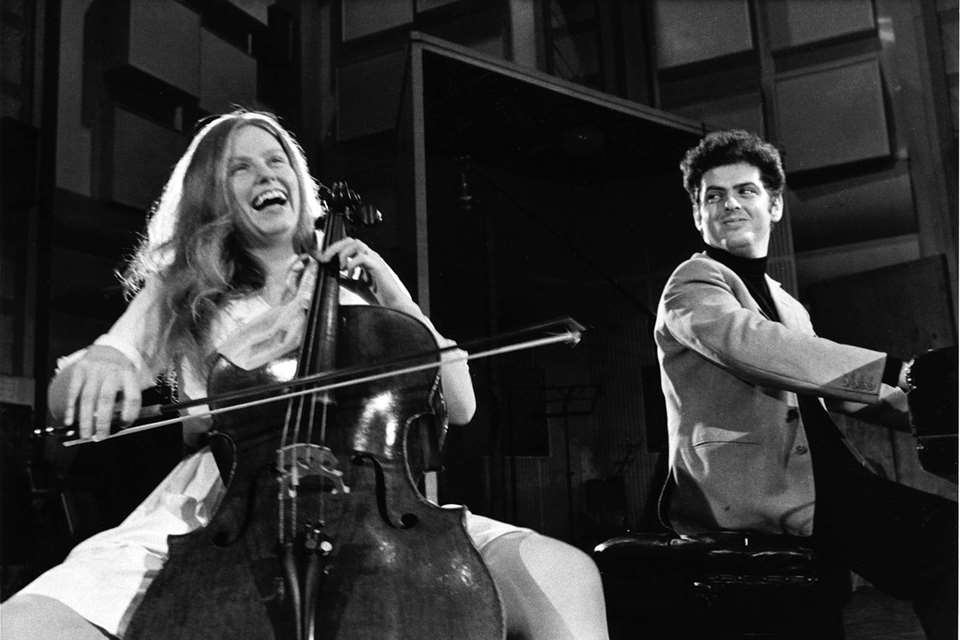Birgit Nilsson interview: 'I passed over a bridge I thought really of jumping in. If performing in opera was like this, I couldn’t go on' | Classic interview
Alan Blyth
Monday, January 2, 2023
Birgit Nilsson spoke to Alan Blyth for Gramophone's January 1970 issue...

Register now to continue reading
Thanks for exploring the Gramophone website. Sign up for a free account today to enjoy the following benefits:
- Free access to 3 subscriber-only articles per month
- Unlimited access to our news, podcasts and awards pages
- Free weekly email newsletter











